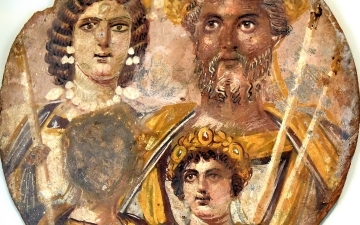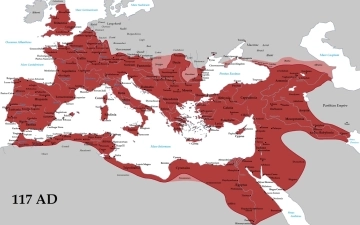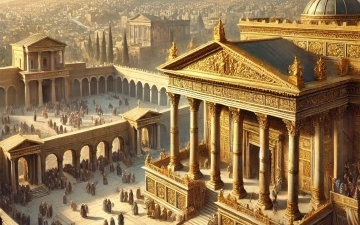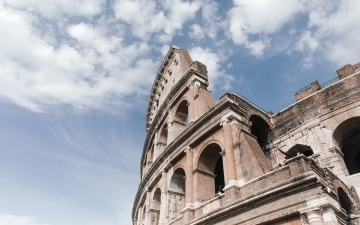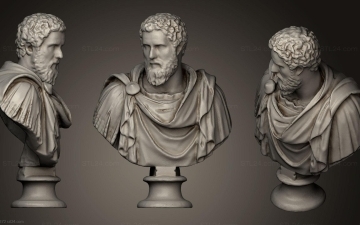Caracalla: The Emperor of Bloodshed and the Architect of Roman Citizenship
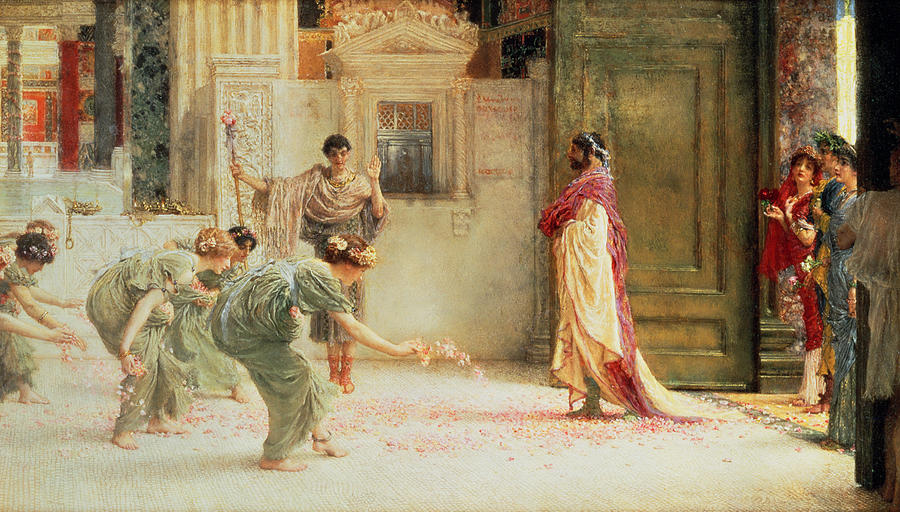
Caracalla, son of the formidable Emperor Septimius Severus, is a complex and contradictory figure in Roman history. Often remembered for his brutality and paranoia, he is equally renowned for one of the most far-reaching edicts in Roman law.
His reign was marked by a tumultuous blend of violence and reform. Shortly after ascending to power alongside his brother Geta, Caracalla engineered the assassination of his co-emperor. This fratricide, a shocking act even by Roman standards, plunged the empire into a period of fear and uncertainty. Caracalla’s paranoia grew, leading to a reign of terror marked by purges of potential rivals and the execution of countless innocent people.
Yet, amidst the blood and brutality, Caracalla also left a significant and enduring legacy. His most famous edict, the Constitutio Antoniniana, granted Roman citizenship to all free-born inhabitants of the Roman Empire. This sweeping reform had profound implications for the empire. It unified the legal system, extended Roman law to all citizens, and increased tax revenues. While motivated in part by a desire to increase tax income, the edict also represented a significant step towards the creation of a more unified Roman world.
Caracalla was also a patron of the arts and architecture. His most famous building project, the Baths of Caracalla, remains one of Rome's most impressive ancient ruins. These public baths were a testament to Roman engineering and a symbol of the empire's opulence.
However, the extravagance and brutality of Caracalla's reign ultimately undermined his authority. His assassination in 217 AD brought an end to his tumultuous rule. Despite his short life, Caracalla left an indelible mark on the Roman Empire. His legacy is a complex one, a blend of cruelty, reform, and extravagance.
Caracalla's reign serves as a stark reminder of the complexities of power and the human capacity for both great cruelty and great vision. His life and death offer a fascinating glimpse into the turbulent world of Roman imperial politics.
Related Posts
Septimius Severus: The General Who Became Emperor and Reformed the Roman Empire
The tumultuous period following the assassination of Commodus saw a rapid succession of emperors, each vying for power in a chaotic political landscape. Among these contenders, Septimius Severus emerged as the ultimate victor. A seasoned general with a reputation for military prowess and political acumen, Severus proved to be a...
Read MoreA Journey Through Time: Mapping Ancient Rome and Jerusalem
For centuries, Rome and Jerusalem have captivated historians and travelers alike. These two powerful cities, though geographically distant, were intertwined throughout much of their ancient history. But how close were they? Let's explore maps depicting these ancient cities and their respective empires. The Mediterranean World: A Roman Sea During the height of...
Read MoreHerod’s Temple: A Marvel of Ancient Architecture and Its Biblical Significance
Herod’s Temple, also known as the Second Temple or the Herodian Temple, holds a central place in biblical history and Jewish heritage. Built by King Herod the Great during the 1st century BCE, this architectural masterpiece served as the spiritual heart of Judaism and a pivotal location in the narratives...
Read MoreThe Role of Horses in the Roman Empire: From War to Sport
If we look back on the Roman Empire, we can see that horses played an important role. They were engines of power and symbols of prestige, and they were used for agriculture, traveling, warfare, and yes, entertainment like chariot races. Spanning centuries of conquest and culture, horses have always been closely...
Read MoreDidius Julianus: The Emperor Who Bought the Roman Empire
The year 193 AD was a tumultuous one for Rome. The assassination of the capable Pertinax plunged the empire into a crisis of leadership. The Praetorian Guard, the elite imperial bodyguards, found themselves without a master and, true to their corrupt nature, decided to auction off the imperial throne. In...
Read MoreRamoth-Gilead: The Ancient Stronghold of Israel
Ramoth-Gilead, an ancient city of great biblical and historical significance, was a major stronghold located in the region of Gilead, east of the Jordan River. The city, often mentioned in the Old Testament, played a crucial role in the territorial struggles between Israel and its neighboring nations. Today, the exact...
Read More

















